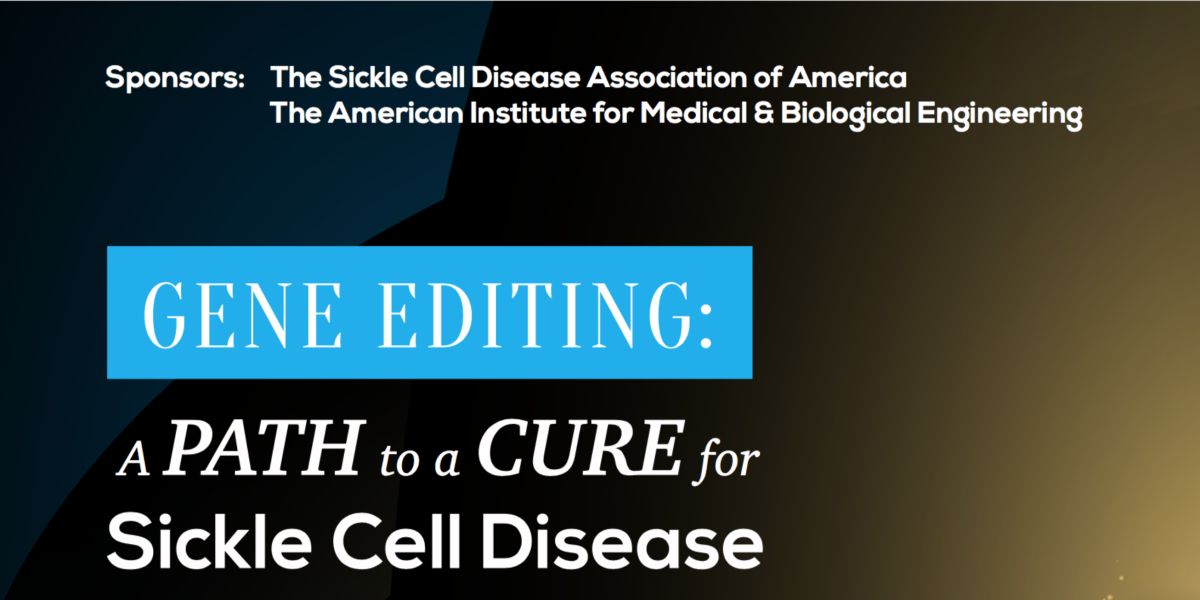
Congressional Briefing – July 28, 2015
Gene Editing on Sickle Cell Disease
Dr. Gilda Barabino, president-elect of AIMBE and dean of the Grove School of Engineering at The City College of New York, was one of four experts invited to Washington on July 28 to brief the U.S. Congressional Sickle Cell and Research & Development Caucuses on promising new technologies to treat sickle cell disease.
The briefing, “Gene Editing and the Path to a Cure for Sickle Cell Disease,” provided an opportunity for the researchers to discuss recent breakthroughs in gene-editing technology. Two such technologies are CRISPR/Cas-9 and TALENs, which have made gene editing faster and less expensive.
“While sickle cell disease is the first molecular disease, having been discovered over 100 years ago, long-lasting treatments and a widely available cure remain elusive,” said Barabino. “New research discoveries in the application of gene editing tools provide significant advantages compared to previously existing technologies and hold great promise for a cure for sickle cell disease.”
Barabino also used her time to press the case for diversity in biomedical research.
“The need for funded research and for efforts that bring researchers together with those being served by the research, as well as means to ensure that technological advance reach those who are most in need, is great,” she said. “We also need more opportunities to train a diverse workforce and increase the clinicians, engineers and scientists from underserved and health disparity populations.”
In addition to Barabino, the following panelists were invited to brief the caucuses: Dr. Marsha Treadwell, director of the Northern California Network of Care for Sickle Cell Disease, UCSF Benioff Children’s Hospital in Oakland, Calif.; Dr. Pankaj Qasba, program director at the National Heart Lung and Blood Institute in the division of blood diseases and resources; and Katrine Bosley, CEO of Editas Medicine.
 AIMBE
AIMBE
